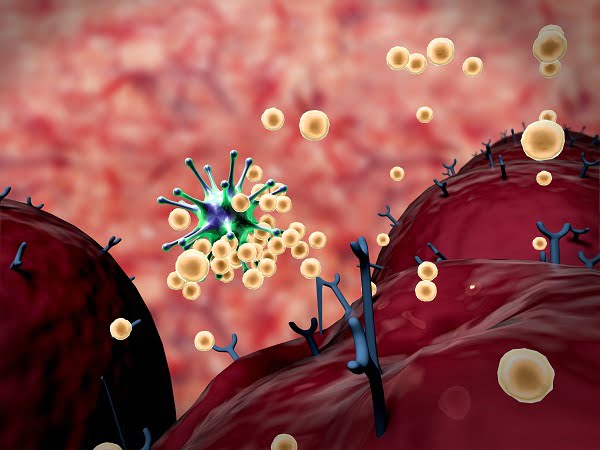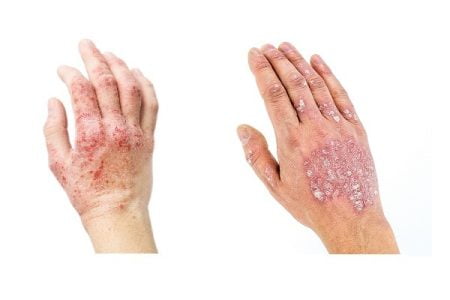What Causes Eczema?
- Updated on: Jun 7, 2024
- 3 min Read
- Published on Oct 3, 2019


What are the causes of eczema?
The actual cause of eczema still remains uncertain. However, several environmental and genetic factors are thought to activate the disease.
People with eczema tend to have an over-reactive immune system which when triggered by an allergen or irritant, attacks the body instead of protecting the same. This results in too much inflammation, which may lead to a red, itchy and painful skin. However, eczema is not a contagious disease, and children or adults can’t get it by coming in contact with someone who has it. Eczema can arise due to the following cases:
Gene mutation
Eczema can arise due to a variation or mutation in genes that are responsible for the production of protein called filaggrin. This protein, filaggrin, is responsible for a healthy protective layer or barrier at the outer most layer of the skin.
Mutation in this gene can alter the skin’s ability to provide this protection. This damage in the skin layer can thereby allow germs to enter inside the skin and moisture to be removed outside.
The damage can further lead the skin to be affected by environmental factors, irritants and allergens, thus causing infections and extremely dry skin.
Abnormal immune system function
Individuals with eczema are seen to have an overactive immune system, which gets activated to an irritant or allergen. Instead of providing protection to the body, these immune responses cause the symptoms of eczema.
Hereditary
As eczema is a genetic disease, it is more prominent in certain families with a history of allergies or asthma. If either parent has eczema or another atopic disease, children are at a higher risk to get it.
The chances of getting the disease increase further if both parents have atopic disease.
Eczema activation
Certain substances or environmental conditions can shoot up rashes. Identifying these compounds and situations can help keep the symptoms of eczema under control, as these are unique for each individual. Factors which are responsible to flare up the symptoms of eczema include:
Irritants
Things used on a daily basis for day to day needs can cause irritation to the skin.
These could include either natural products (such as juice from fresh fruit, vegetables, or meats) or synthetic materials (soaps, detergent, shampoo, bubble bath and body wash, or surface cleaners and disinfectants).
Other irritants include metals, cigarette smoke, fabrics such as wool and polyester, and chemical (such as formaldehyde, paraphenylene-diamine). These materials when in contact with skin can lead to eczema.
Allergens
Seasonal pollen, dust mites, pet, and dandruff are a few of the allergens that can cause an allergic reaction and activate eczema.
Microbial infections
Bacterial, viral or fungal infections can occur in eczema.
Staphylococcus Aureus (bacterial), Molluscum virus, herpes virus, and ringworm or athlete’s foot (fungal) are few examples of organisms that can trigger the infection. Earlier detection of these infections and identification of their causes are important, so that eczema does not get worse.
Stress
Stress is not the result of eczema but it can make the condition worsen and severe.
Climatic Variation
In individuals with eczema, the skin can get itchy when get exposed to too much heat or sweat. This can be the situation in winters too, where the skin becomes too dry and thereby leads to irritation of skin.
Dryness or humidity in air can cause eczema symptoms to rise. Higher pollution levels can also flare up symptoms of eczema.
Diet
Certain intake of foods like dairy products, eggs, nuts and seeds, soy products, and wheat can elevate the symptoms of eczema. In children, food allergies are common.
Hormones
Fluctuations in the hormone levels in women can cause worsening of eczema symptoms in certain condition, like menstruation or pregnancy.
Dry skin
Unmoisturized dry skin can easily become brittle, scaly, rough or tight that can cause the eczema symptoms to shoot up rapidly.
Age of mother at birth time
Children delivered to older women are more prone to get eczema than children delivered to younger women. The exact reason is not clear however.












